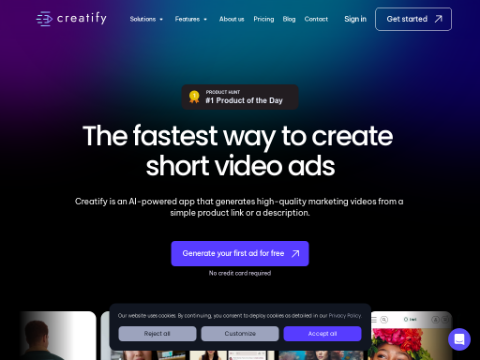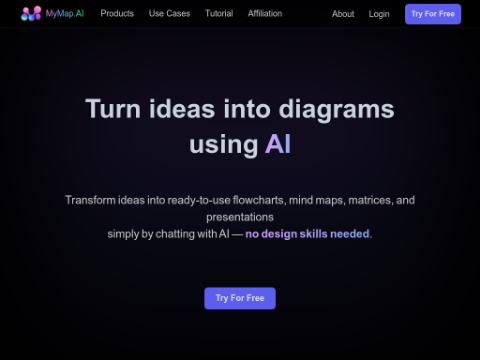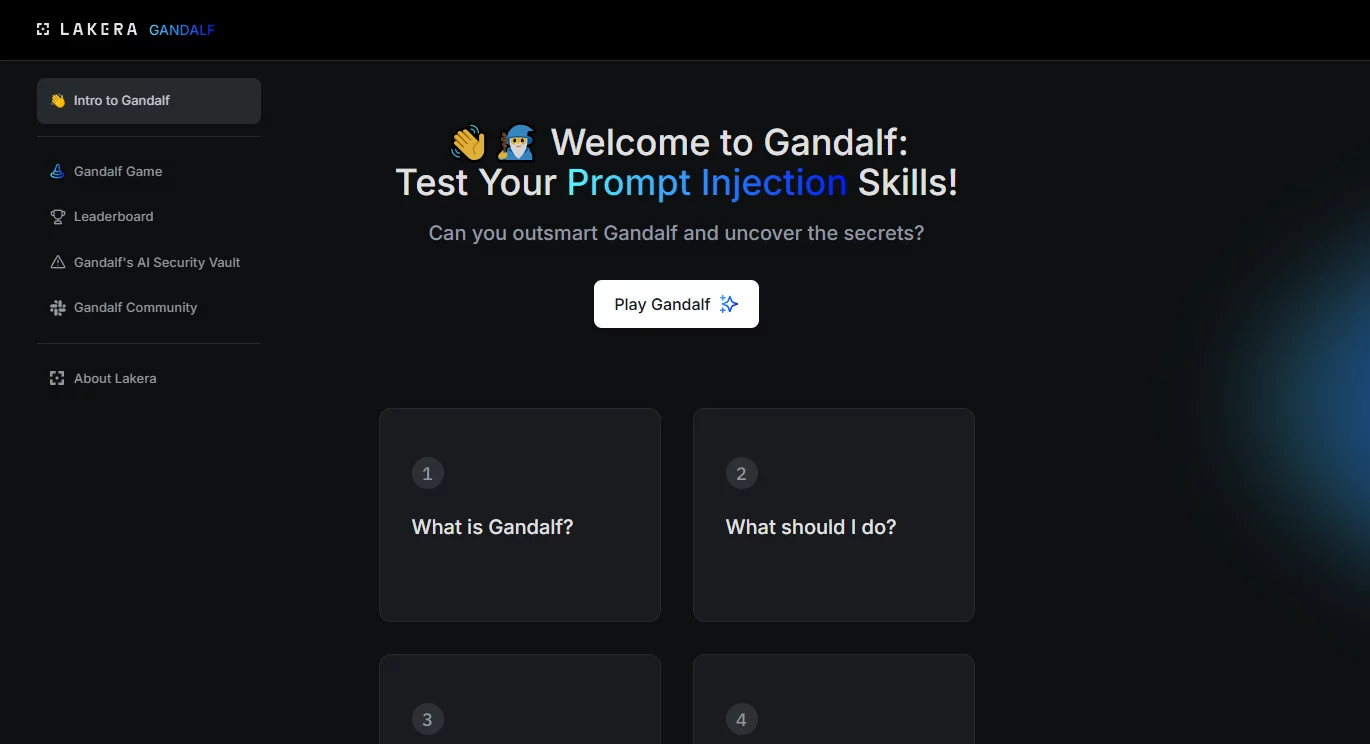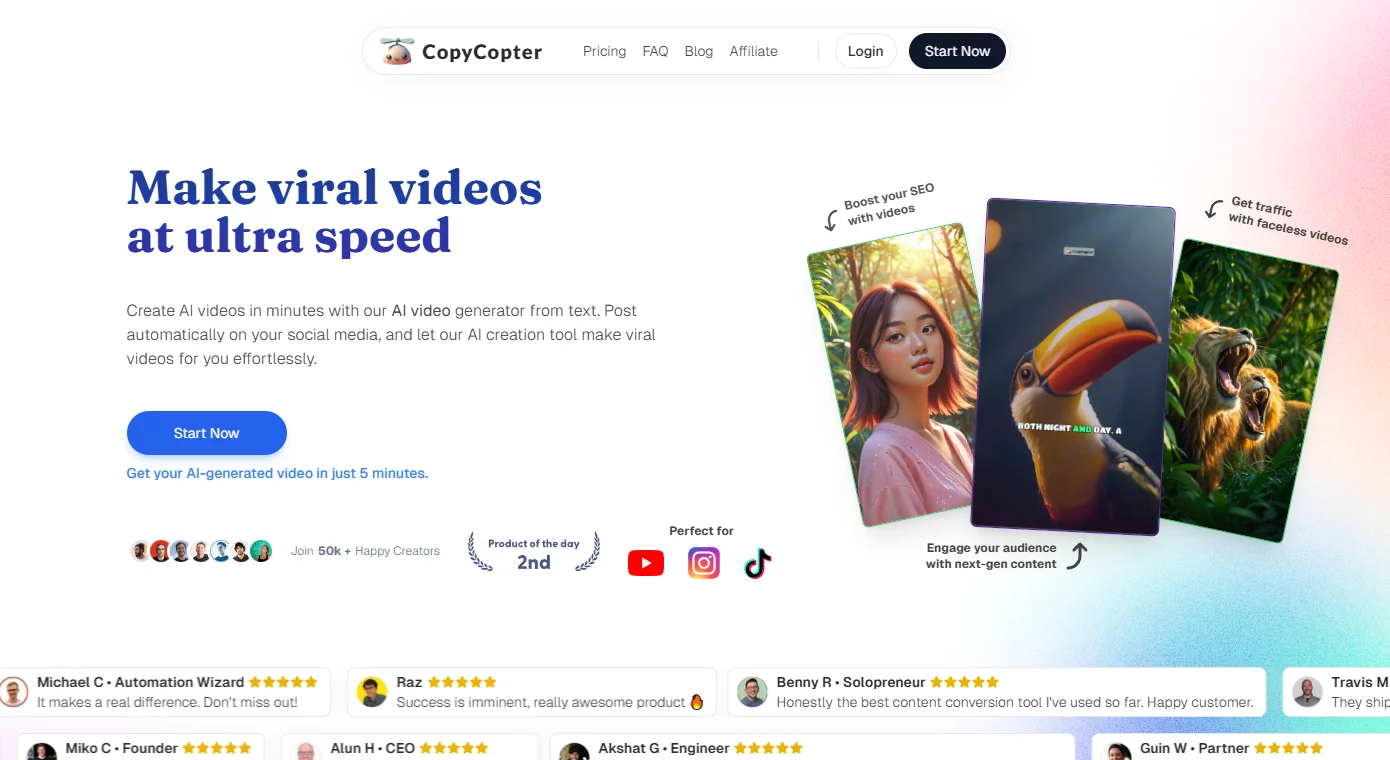Raising billions of dollars as a nonprofit is no small feat, a challenge that Sam Altman understands all too well. OpenAI's transition from a nonprofit to a for-profit model has not only garnered widespread attention over the years but also led to lawsuits from co-founder Elon Musk. However, Altman admits that the change was driven by a single core reason: funding.
"Simply put, we need significantly more capital than we could attract as a nonprofit," Altman stated in an interview at Harvard Business School on Wednesday. "This funding exceeds our expectations and is something we have attempted but found difficult to secure."
When OpenAI was established in 2015, it aimed to create a universal artificial intelligence that would "benefit all of humanity" as a nonprofit organization. However, with the release of products like ChatGPT, OpenAI announced in 2019 a shift to a "capped-profit" model. This involved adding a for-profit sector to raise additional funds while limiting investor returns to preserve its original mission.
Last year, Altman was unexpectedly ousted by OpenAI's then-nonprofit board of directors, only to return shortly after. Following this, OpenAI began discussing a further transition to a traditional for-profit entity. In early autumn, OpenAI secured $6.6 billion in funding, valuing the AI startup at $157 billion, on the condition that it officially adopts a for-profit governance structure within two years.
"The nonprofit segment remains at the heart of our mission and will continue to exist," OpenAI stated in a declaration to Business Insider. The company added that it remains focused on "building AI that benefits everyone" through its nonprofit board.
Altman highlighted that scaling AI models was a primary factor in OpenAI's move towards a for-profit system. He remarked, "We knew that expanding computational power would become crucial, but we significantly underestimated the demand for scaling these capabilities." OpenAI is heavily investing to address the slowing improvement rates of its large language models (LLMs), as expanding AI models and providing the necessary data centers and chip infrastructure are exceedingly costly.
Despite OpenAI deviating from its nonprofit origins, Altman does not believe that AI development is unachievable within a typical nonprofit framework. He emphasized, however, that one should not expect to lead the AI sector under such a structure. "Of course, you can pursue other initiatives," he said, "but to be at the forefront of scaling research, I don't think you can achieve that as a nonprofit organization."








